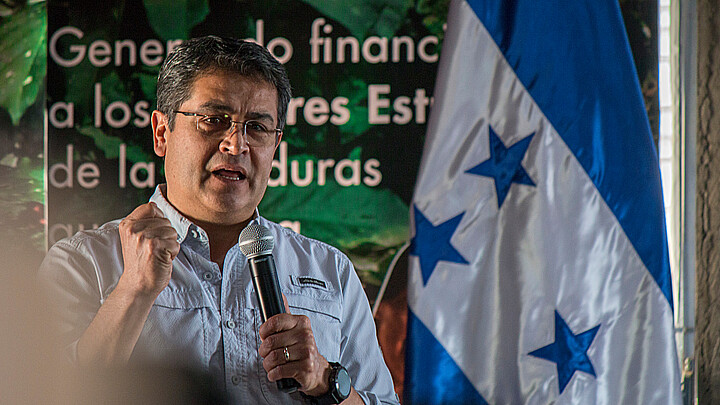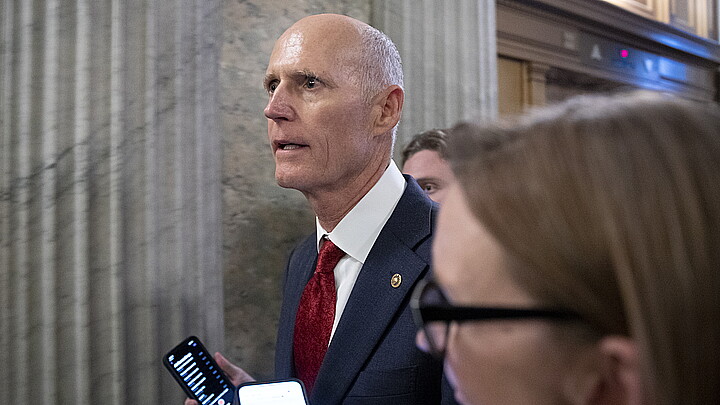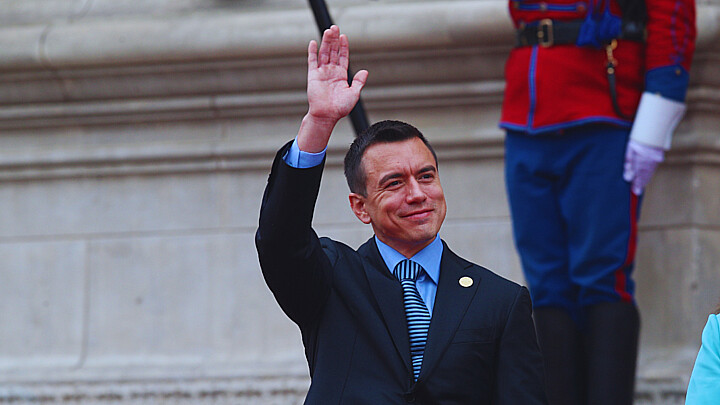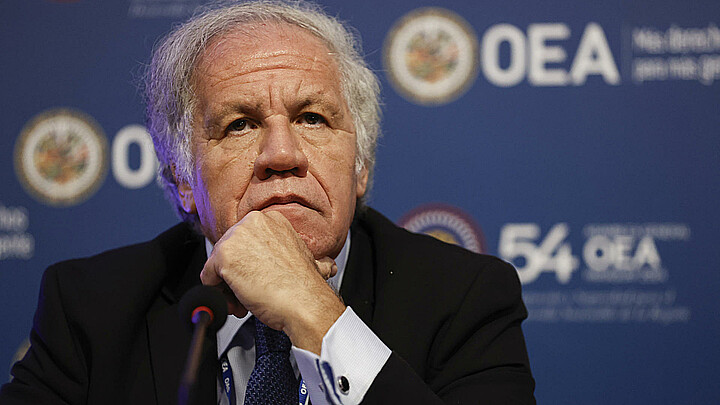Politics
Russia promises that military aid to Venezuela will not be used to destabilize region
The Kremlin has promised that military assets given to Venezuela will not be used to attack Colombia, destabilize the region or end up in the hands of terrorist or paramilitary groups
February 9, 2022 12:26pm
Updated: February 9, 2022 3:22pm
Colombia’s Foreign Minister and Vice President Marta Lucia Ramirez announced that the Kremlin has promised that military assets given to Maduro’s regime in Venezuela will not be used to attack Colombia, destabilize the region or end up in the hands of terrorist or paramilitary groups.
Violence along the Colombia-Venezuela border has grown in recent months following a wave of targeted assassinations by National Liberation Army (ELN) guerrillas against dissidents of the Revolutionary Armed Forces of Colombia (FARC) and analysts fear that Russia could be helping advance violence in an attempt to destabilize the region.
"We need there not to be even the smallest risk that military cooperation which exists between Russia and Venezuela, and has for a long time, could eventually, because of carelessness or whatever reason, lead to any Russian military equipment being in the hands of illegal armed groups which are present on the border," Ramirez told journalists after a meeting with Russian ambassador Nikolay Tavdumadze on Monday.
"The Russian ambassador has expressed to us that no military cooperation of Russia with Venezuela will ever be used for any military action against Colombia, nor any country in Latin America, nor to affect the stability of the region," she added.
Ramirez’s statement came just a week after Colombia’s Defense Minister Diego Molano warned that Venezuelan troops had been deployed to the countries’ border with technical assistance from Russia and Iran, calling the possible deployment "foreign interference,” Reuters reported.
Similarly, a recent report from Washington’s Center for a Secure Free Society (SFS) warned that “a new socialist, authoritarian wave is rising in the region in 2022” and that the governments of Russia and Iran are “capitalizing on these new opportunities.”
The report also noted that Russia’s ambitions are not strictly political, but rather also have a militaristic angle.
“The country’s efforts to export military hardware around the world have intensified,” and “Latin America’s neo-socialist wave may open up new engagements for Russia in the region, as Moscow shores up support from traditional allies.”
At the meeting between Ramirez and Tavdumadze, Colombian officials asked Russia to guarantee that final-use agreements for weapons are enforced in order to prevent third parties from benefitting from the bilateral agreements, Colombia’s foreign ministry said in a statement.
But while Tavdumadze said the situation had been resolved and conversations would continue through diplomatic channels, it is unclear whether Venezuela is prepared to hold up their end of the deal.
The Colombian government has accused Venezuelan dictator Nicolas Maduro of sheltering FARC dissidents who reject a 2016 peace deal as well as the ELN, something he has repeatedly denied.










